Mount Maunganui does fabulously with the Usborne Dictionary
.jpg) Rotary International adopted this project as a drive for “literacy development”.
Rotary International adopted this project as a drive for “literacy development”.In New Zealand, it is estimated that 30% of adults have severe learning difficulties and these are in lower socio-economic families.
This project is seen as not only a way of helping Year 4 pupils obtain their own named dictionary but also having a much wider literacy spinoff because many of the homes it will go into only have a few, if any books.
 This project fits well with Rotary International’s drive for ‘literacy development’ to be a major goal worldwide. Past Rotary International President Bill Boyd (from New Zealand), was so impressed by what he saw happening in the USA with this project (just on 2 million dictionaries gifted in 2008/2009, that he was keen for it to also be pursued in New Zealand.
This project fits well with Rotary International’s drive for ‘literacy development’ to be a major goal worldwide. Past Rotary International President Bill Boyd (from New Zealand), was so impressed by what he saw happening in the USA with this project (just on 2 million dictionaries gifted in 2008/2009, that he was keen for it to also be pursued in New Zealand.The project was introduced by Rotary Clubs throughout New Zealand in 2008 and since that time Rotary Clubs in District 9930 have distributed in excess of 30,000 dictionaries to Year 4 pupils in low decile schools.
The original emphasis was on low decile schools, however, the project has been widened to include all primary schools, as children with poor literacy skills can be found in all schools.
 The focus has been on Year 4 pupils in decile 1 schools because of their low socio-economic status and is only a way to identify those children and families in need. However, it should be remembered that even the catchments of higher decile schools there are often pockets of lower socio-economic families and these have not been overlooked by many Rotary Clubs. While pupils at the Year 4 level were selected as the original target group in decile 1 schools, other year levels have been selected by some schools in discussions between the school principal and the local sponsoring Rotary Club. Likewise, some Rotary Clubs found there was not a decile 1 school in their catchment so schools on higher decile schools were approached to be involved in the distribution to each child at a particular year level.
The focus has been on Year 4 pupils in decile 1 schools because of their low socio-economic status and is only a way to identify those children and families in need. However, it should be remembered that even the catchments of higher decile schools there are often pockets of lower socio-economic families and these have not been overlooked by many Rotary Clubs. While pupils at the Year 4 level were selected as the original target group in decile 1 schools, other year levels have been selected by some schools in discussions between the school principal and the local sponsoring Rotary Club. Likewise, some Rotary Clubs found there was not a decile 1 school in their catchment so schools on higher decile schools were approached to be involved in the distribution to each child at a particular year level.